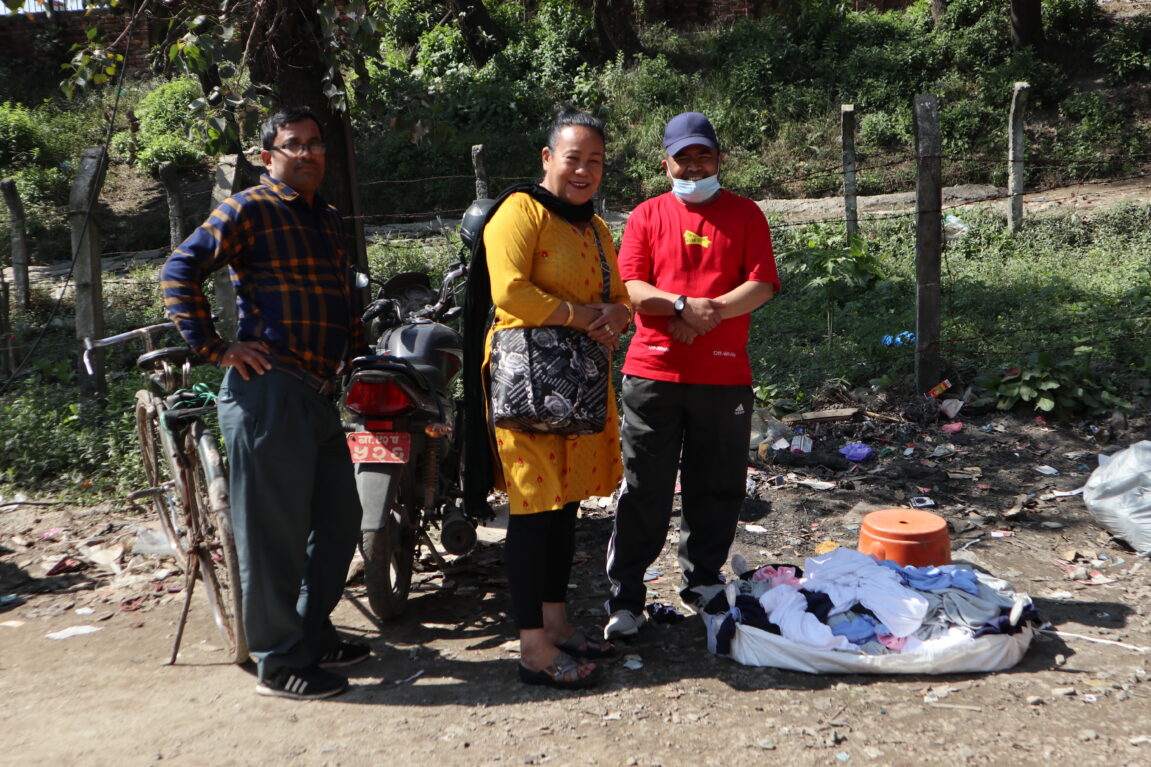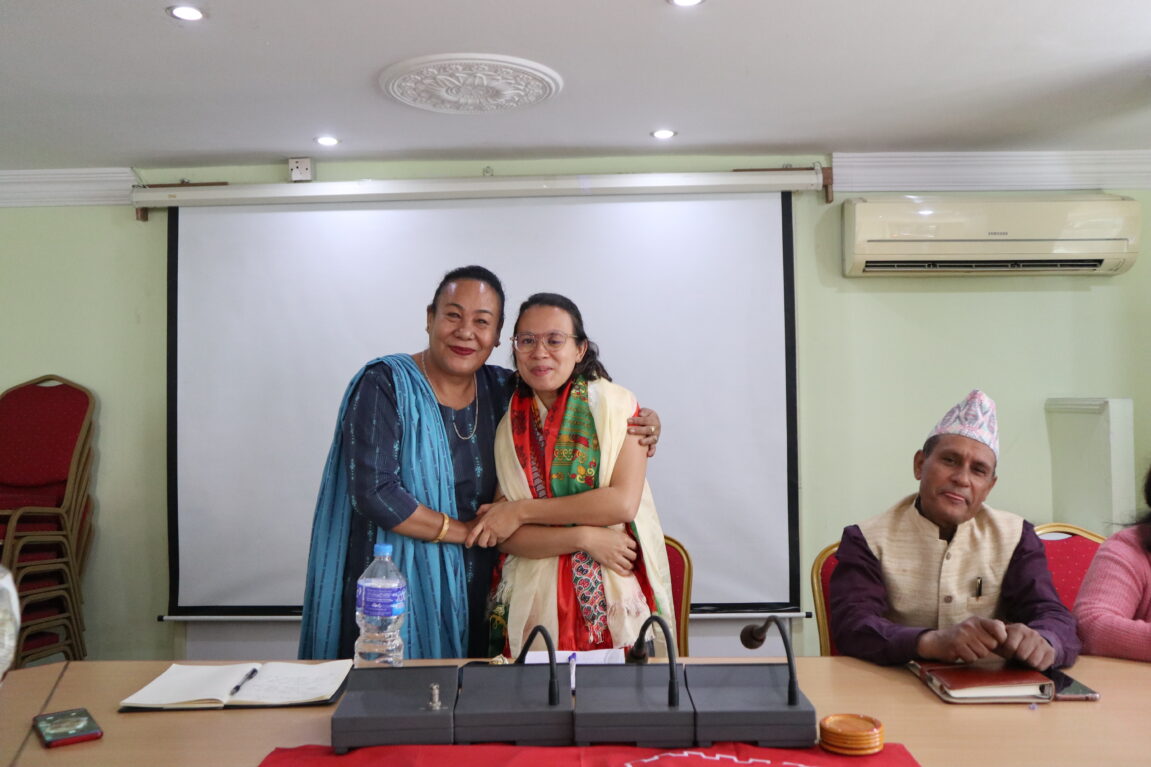Subscribe to our E-Letter!
Subscribe to our e-mail and stay up-to-date with news and resources from street vendors around the world.
For International Women’s Day, we are highlighting our women leaders and what we can learn from them we had a chat with Maya Gurung, from NEST, Nepal.
Maya is a member of the International Council of StreetNet and the president of the Central Committee of Nepal Street Vendors Trade Union (NEST). NEST represents over 5000 members, almost half of which are women, according to the latest StreetNet data. Maya is also a member of the National Committee of Gefont – the General Federation of Nepalese Trade Union.
Since the establishment of NEST, 21 years ago, Maya has been working at various levels of the organization. “I have been living in Kathmandu, the capital of Nepalfor the past 26 years, working continuously as a street vendor”.
“NEST was founded 21 years ago” Maya continues. “And for the first time in Nepal, it was an organization that included street vendors. I joined the movement as a committee member at the local level. I worked as the financial secretary of the local unit committee, then as the coordinator of the sub-district women’s committee, as a member of the central committee, as the deputy general secretary, as the General Secretary, as the women’s Vice President and now as President”. Maya has always been devoted to her activism, her profession and her family, even if sometimes, she recounts, her leadership and her family life have been at odds and not easy to reconcile.

Nepal’s informal economy represents over 30 percent of the workforce, according to 2022 data from World Economics. In the Kathmandu Valley, NEST estimates, there are over 10.000 street vendors. According to NEST’s estimation, 55% of street vendors in the country are women.
“Some of them are disabled, infirm, or elderly. Some of them have no husband or partner to help them with the household sustenance”, Maya explains. “Many women are subjected to violence, and other factors come into play in making them more vulnerable: illiteracy, poverty and lack of awareness around their rights. All of these reasons contribute to gender discrimination in leadership roles, to fear and distrust towards women leaders”.
Recently, street vendors in Kathmandu have been taking the streets against the ban imposed on vending by the mayor of the city. Maya, both in her national and international roles, has been leading the fight for her people’s right to occupy public spaces and work peacefully.

“There is a lot of mental stress in being a woman leader”, Maya tells us. But this does not mean she, as many others, aren’t fighting back. “It’s important to create a harmonious environment between work, political engagement and private or family life”.
“The number of women street vendors is growing”, Maya concludes. “It is now necessary for us women leaders to take the responsibility, and work at the policy-making level, even if it is difficult. For all the women who wish to come forward with courage, NEST will always be here to support you. For this International Women’s Day, I wish to send my personal best wishes to all women workers around the world”.

By entering your personal data and clicking “Suscribe,” you agree that this form will be processed in accordance with our privacy policy. If you checked one of the boxes above, you also agree to receive updates from the StreetNet International about our work